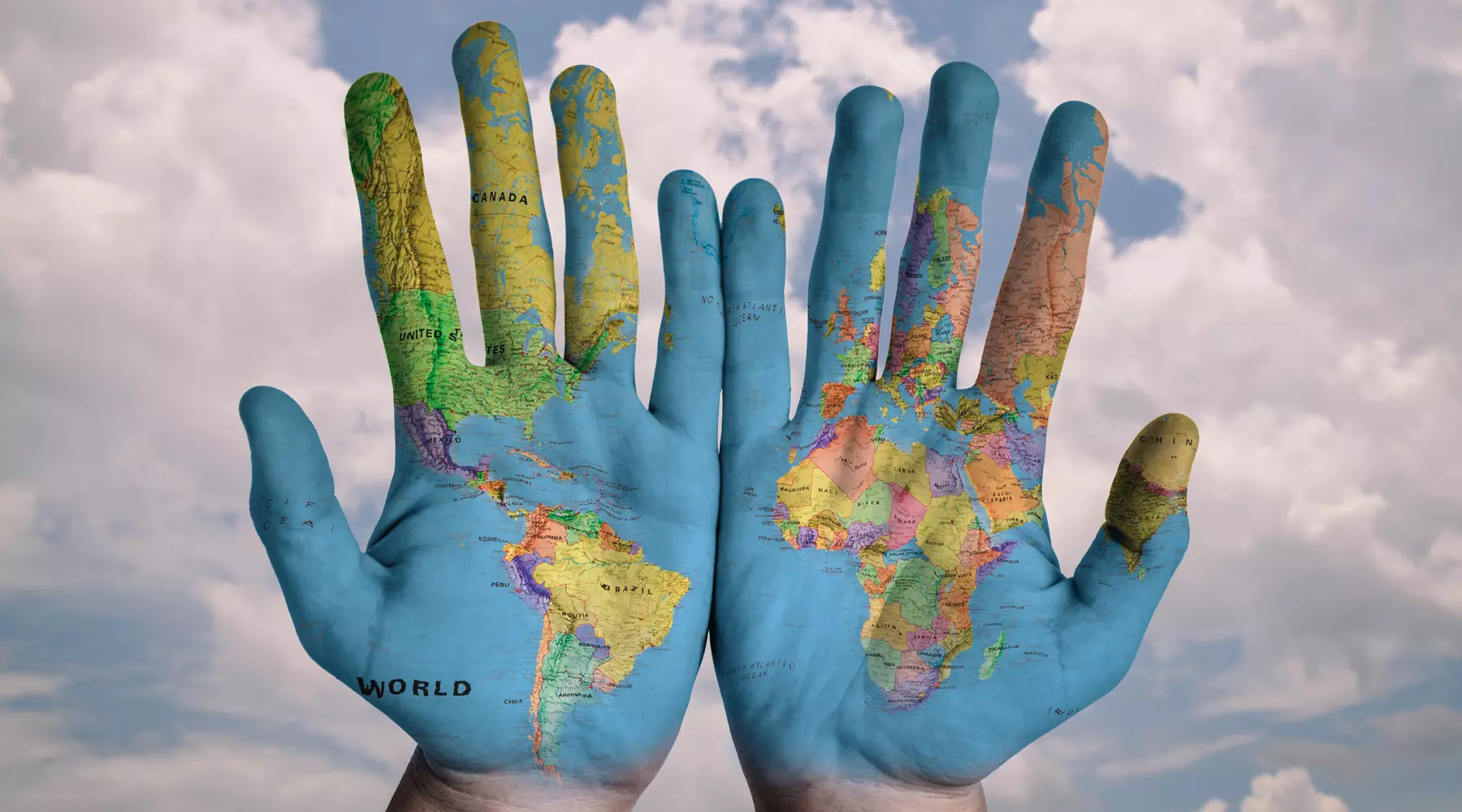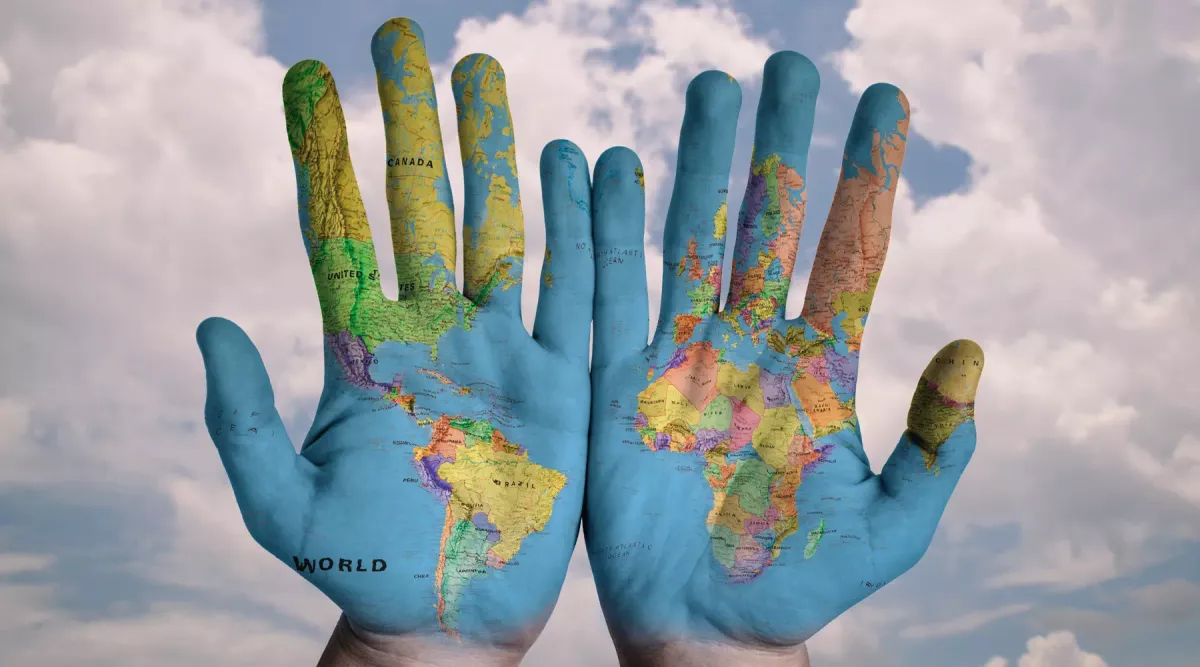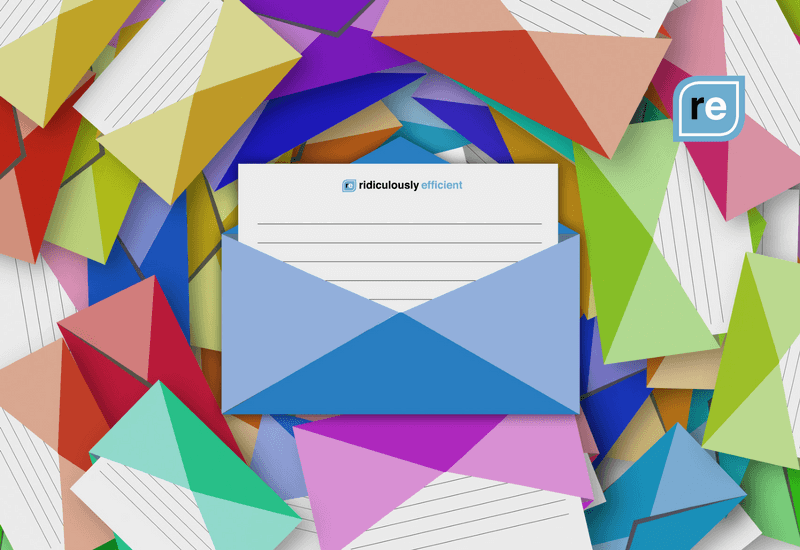
When you look at successful songwriters, performers, artists and entrepreneurs, it can feel like they were born to be more creative than other people. Although there is some evidence that creativity is genetic, there are ways to give your creativity a boost. Whether you're struggling to solve a problem at work or you want to unlock your musical potential, certain behaviors and environments can help bring out the creativity hidden within you.
1. Spend Time Alone
When we're around other people, we sometimes absorb their thoughts and perspectives, and lose sight of our own. By stepping away from the crowd and embracing solitude, we're able to focus on our own ideas and make discoveries.
Scott Barry Kaufman, author and scientific director of the Imagination Institute, recommends that businesses give their workers the time to engage in “constructive internal reflection,” also known as 'mind wandering.' “A lot of research is suggesting that the more that you demand people’s external attention, the less chance you are allowing them to dip into the default mode where daydreams and reflection happen — and lot of great ideas are not going to come from the brute force of work but from personal life experience,” Kaufman says. “Mind-wandering seems to be essential to the creative process, and I don’t think a lot of businesses are aware of that fact.”
Tweeting, Facebooking and emailing can also hinder our ability to daydream, so turn off all of your devices to explore your most creative self.
2. Do Creative Work When You're Tired
When it comes to producing creative work, we're often our own worst enemy. We dimiss ideas as irrelevant before they even hit the page, use logic to talk ourselves out of a gut feeling and can't figure out how to solve a problem because we're trying too hard.
But when we're tired, we're not as good at filtering our thoughts. As a result, new ideas, connections and solutions are more likely to break through. The next time you're struggling with a creative project, try tackling it before you've had your morning coffee, during your mid-afternoon slump, or whenever you feel the most sleepy.
3. Distract Yourself
We've all had that “aha” moment when we're distracted by a routine task, such as brushing our teeth or taking a shower. Since the task at hand doesn't require much thought, our brain is free to stumble upon new insights.
“When we take time off from working on a problem, we change what we're doing and our context, and that can activate different areas of our brain,” says Dr. R. Keith Sawyer, the Morgan Distinguished Professor in Educational Innovations at the University of North Carolina in Chapel Hill. “If the answer wasn't in the part of the brain we were using, it might be in another. If we're lucky, in the next context we may hear or see something that relates—distantly—to the problem that we had temporarily put aside.”
This also explains why many people enjoy working with the ambient noise of a coffee shop in the background. The chatter and the clanking of dishes distracts us from our work, allowing an important discovery to emerge.
4. Boost Your Serotonin and Dopamine Levels
If you've ever had a revelation during exercise, it may be due to the boost of dopamine and serotonin. According to Stanford marketing professor Baba Shiv, the best time for creativity is when you have a high level of these neurotransmitters in your brain. Serotonin will ease your anxiety and fear, while dopamine will make you excited and engaged. "This will produce a condition in which you are calm but energized," he says.
This also explains why many patients with Parkinson's Disease, who are treated with pills that increase dopamine production, often create a flood of stories, poems and paintings.
5. Travel
Increasing creativity is all about expanding your mind and being open to new ideas, and the novelty of travel is a great facilitator. “Foreign experiences increase both cognitive flexibility and depth and integrativeness of thought, the ability to make deep connections between disparate forms,” says Columbia Business School professor Adam Galinsky.
According to Galinsky's research, you'll experience the most creativity if you immerse yourself in a foreign culture. Simply laying out in the sun at a Greek resort won't do much to change your way of thinking, but making friends with the locals and getting exposed to their food and customs might.
If hopping on a plane is not an option, take a walk through an unfamiliar neighborhood in your own city. The change of scenery and culture may be all you need to reach your next epiphany.
6. Practice Open-Monitoring Meditation
Open-monitoring meditation is another way to free up our minds and improve creativity. In one study at Leiden University in the Netherlands, researchers found that when people practiced open-monitoring meditation, they performed better at a task that required them to come up with new ideas.
Open-monitoring meditation involves sitting quietly and observing thoughts as they pass by, without analyzing or judging them. It's less structured than focused-attention meditation, which the researchers reported did not show any obvious signs of improving creativity.
7. Appreciate the Positive Side of Trauma
Many of the most creative people in the world have experienced trauma early on in their lives, such as Jim Carrey, John Lennon and Oprah. After a traumatic event, we make changes in order to heal, and this may lead to new relationships, increased confidence, and new ways of thinking,-- all of which can foster creativity.
Research backs up this theory, and suggests that trauma may actually alter the brain, possibly affecting our creativity. "We found that many individuals with artistic creativity suffered from severe traumas in life, whether it be psychological or physical abuse, neglect, hostility or rejection," says Szabolcs Keri of the National Institute of Psychiatry and Addictions in Budapest. "At the biological level, we and several other researchers documented that trauma is associated with functional alteration of the brain, and it also affects the expression of genes that have an impact on brain structure, maybe in the same large-scale networks that participate in creativity."
8. Squash Stress
We feel the most creative when we are relaxed, not when we are in the midst of a crisis. “Threat makes you productive, but not necessarily effective. It can make you productive if you don’t have to think broadly, widely or deeply,” says David Rock, author and cofounder of the NeuroLeadership Institute. “A threat response, which we might think of as stress, increases motor function, while it decreases perception, cognition and creativity.”
Take time to relax, unwind and recharge every day, either by pursuing an enjoyable hobby like reading or cooking, socializing with friends or going on a long walk. Your efforts will not only help you feel less stressed, but will open you up to creative musings.
When you feel like you need a boost in creativity, science suggests that we take a step back to allow new thoughts to emerge. Spend time alone, get some exercise or try new things. If all else fails, you can always take a shower.









Member discussion